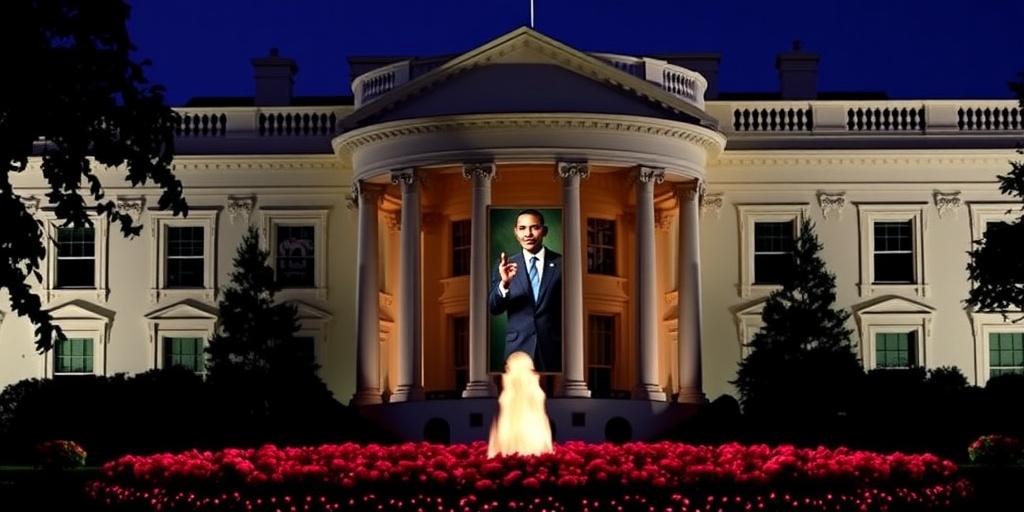Now Reading: Judge Grants One DOGE Member Access to Sensitive Treasury Data
-
01
Judge Grants One DOGE Member Access to Sensitive Treasury Data
Judge Grants One DOGE Member Access to Sensitive Treasury Data

Manhattan Federal Judge Allows Limited Access for Elon Musk’s Special Adviser at Treasury Department
A Manhattan federal judge has delivered a significant ruling regarding the access of members from Elon Musk’s Department of Government Efficiency (DOGE) to sensitive systems at the Treasury Department. On Friday, Judge Jeannette A. Vargas issued an order permitting one member to access these systems, provided that the individual receives appropriate training and submits required disclosures.
This order comes roughly two months after Judge Vargas initially ruled that Musk’s team would be barred from Treasury systems until the legal resolution of a lawsuit contesting the legality of their access. The ruling reflects ongoing tensions surrounding the balance of power and security with regard to sensitive government data.
The recent decision allows Ryan Wunderly, who was appointed as a special adviser for information technology and modernization, to obtain access to the criticized Treasury systems. However, he is required to complete the hands-on training that is typically mandatory for Treasury employees with similar access, as well as submit a financial disclosure report, ensuring that there are checks in place to mitigate potential risks.
The background of this case traces back to a lawsuit launched in February by 19 state attorneys general, spearheaded by New York Attorney General Letitia James. The lawsuit challenges a policy from the Trump administration that permitted political appointees and “special government employees” associated with Musk to gain access to Treasury systems, which safeguard highly sensitive information, including Americans’ Social Security and bank account details.
The attorneys general expressed serious concerns that these untrained members of Musk’s team could have "unfettered access" to confidential information, posing significant security risks. They argued that only seasoned career civil servants who have undergone proper training and have the necessary security clearances should be authorized to access such sensitive data.
Judge Vargas initially supported these concerns by issuing a temporary injunction shortly after the lawsuit was filed. This preliminary ruling prohibited the Treasury Department from allowing DOGE access to payment records, payment systems, or any other databases containing personally identifiable information or confidential financial data.
During court proceedings, legal representatives for the attorneys general voiced alarm over the potential for Musk’s team to misuse their access to selectively flag and pause Treasury payments, based on what they claimed could be an “ideological litmus test.” They argued that such access was illegal and detrimental to national security.
In defense of the administration’s actions, government lawyers contended that only a couple of DOGE members had been granted access to the disputed systems, and that those individuals had received some form of training. Furthermore, the government asserted that the judiciary does not have the authority to override powers conferred to President Trump in his role as the chief executive.
Subsequently, in a government filing in March, it was revealed that Wunderly was appointed on February 19 to replace Marko Elez. The latter resigned after being linked to racist social media posts made under a pseudonym. The government noted that Elez had mistakenly been given a higher level of access to sensitive Treasury data during his tenure.
Wunderly’s expertise is positioned as critical for the Treasury DOGE Team’s initiatives, particularly in accordance with the Trump administration’s objectives of reducing “improper and fraudulent payments” within government systems. The administration has stated that Wunderly underwent the typical vetting, training, and security clearance processes requisite for personnel given access to sensitive information.
In her recent ruling, Judge Vargas acknowledged that the preliminary injunction was partially issued due to concerns over what the court had identified as the Treasury’s hurried implementation and deficiencies in training for DOGE members. However, she concluded that the measures for mitigation, training, and vetting detailed in the government’s filings were adequate to alleviate her initial apprehensions.
As this case continues to unfold, it highlights ongoing debates over governmental oversight, data security, and the implications of political influence in sensitive federal domains. The outcome of this lawsuit may set a precedent for how political appointees and special government employees interact with critical federal systems, especially in an era marked by increasing scrutiny over governmental operations and data protection.
Stay Informed With the Latest & Most Important News
Previous Post
Next Post
-
 01New technology breakthrough has everyone talking right now
01New technology breakthrough has everyone talking right now -
 02Unbelievable life hack everyone needs to try today
02Unbelievable life hack everyone needs to try today -
 03Fascinating discovery found buried deep beneath the ocean
03Fascinating discovery found buried deep beneath the ocean -
 04Man invents genius device that solves everyday problems
04Man invents genius device that solves everyday problems -
 05Shocking discovery that changes what we know forever
05Shocking discovery that changes what we know forever -
 06Internet goes wild over celebrity’s unexpected fashion choice
06Internet goes wild over celebrity’s unexpected fashion choice -
 07Rare animal sighting stuns scientists and wildlife lovers
07Rare animal sighting stuns scientists and wildlife lovers





















